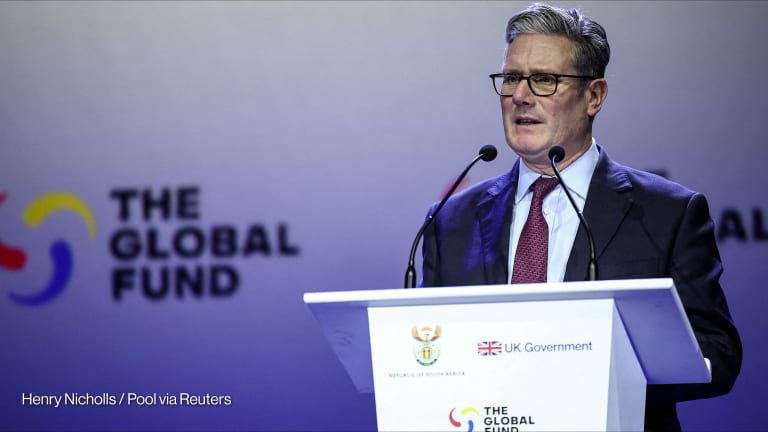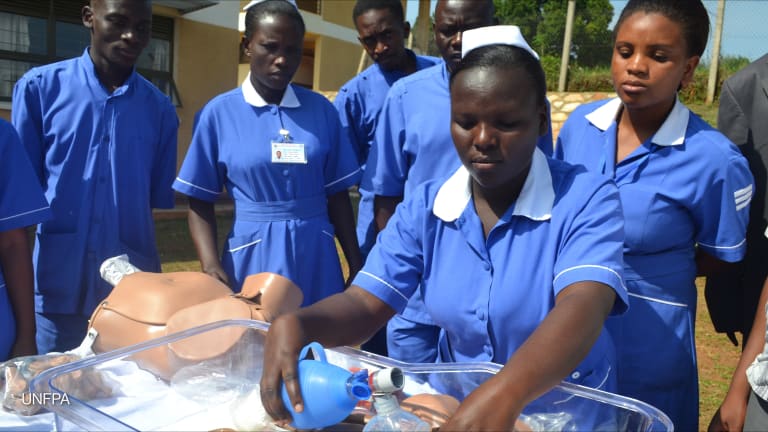
MANILA — Early this week, 11 donors announced funding for the World Health Organization’s Contingency Fund for Emergencies during a pledging conference in Geneva.
The pledges will help increase CFE’s funding levels in 2018 to $23 million, a needed increase, though a fraction of its $100 million target.
Germany has been the fund’s biggest donor, having contributed close to $14 million since its launch a few years ago. On Monday’s pledging event, the donor made an additional pledge of $2.6 million. The United Kingdom meanwhile announced $5.5 million, increasing its overall contributions to the fund to more than $16 million and making it the second largest donor to the CFE.
Canada, Estonia, South Korea, and the Netherlands also made new commitments at the event, and they were joined by five new donors: Denmark, Kuwait, Luxembourg, Malta, and Norway.
Albeit only a slight increase, the fresh pledges ensure WHO will continue to have immediately available funding for the multiple crises they are responding to globally — at least in the immediate term. But there’s no doubt that this won’t be sufficient in the long run, and donors need to step up their contributions to the fund. In 2017, CFE allocations reached almost $21 million as WHO responded to emergencies in over 23 countries. More than half of those allocations were in response to emergencies in WHO’s Africa region.
18 months in, how is WHO's health emergencies program working?
Despite the improvement in the speed the World Health Organization assesses public health events, and the implementation of a number of emergency-related tools, the emergencies program continues to face challenges — including delays in recruitment, lack of an integrated supply chain, and complacency in the absence of an Ebola-like outbreak.
German Ambassador Antje Leendertse said during the event that while they are the fund’s biggest donor, it would “delight” them even more to see other donors matching or even surpassing their commitments to the CFE.
The CFE was established with the goal of raising $100 million. It never reached that potential, and current pledges are far from meeting that target.
Given financing challenges, WHO is exploring different avenues to expand its donor base and ensure the fund will continue to have a minimum operating balance. This includes the potential of setting up a drawdown facility that WHO can have access to when CFE funding drops to a certain level. The United Nations aid agency is also engaged in talks with the U.N. Central Emergency Fund Secretariat to review CERF’s lifesaving criteria for funding.
During WHO’s executive board session in January, Dr. Peter Salama, deputy director-general for emergency preparedness and response at WHO, shared issues with CERF’s current funding criteria, saying it mostly funds outbreaks on a later stage, when the crisis is already large in scale.
“We found this policy counterintuitive and ethically challenging, and we have raised [the issue] several times with the OCHA leadership and the CERF Secretariat,” he said.
The U.N. aid agency also plans to ensure funding of CFE is included in its campaign to finance its 13th General Program of Work, and ask G-20 world leaders to follow on with the commitments they made in Hamburg, Germany, in 2017, to prioritize health security via financial support to the WHO’s health emergencies program. WHO will also try to seek support from foundations, the private sector and Islamic humanitarian funding to boost CFE’s financing levels, according to its 2017 year in review of CFE.








